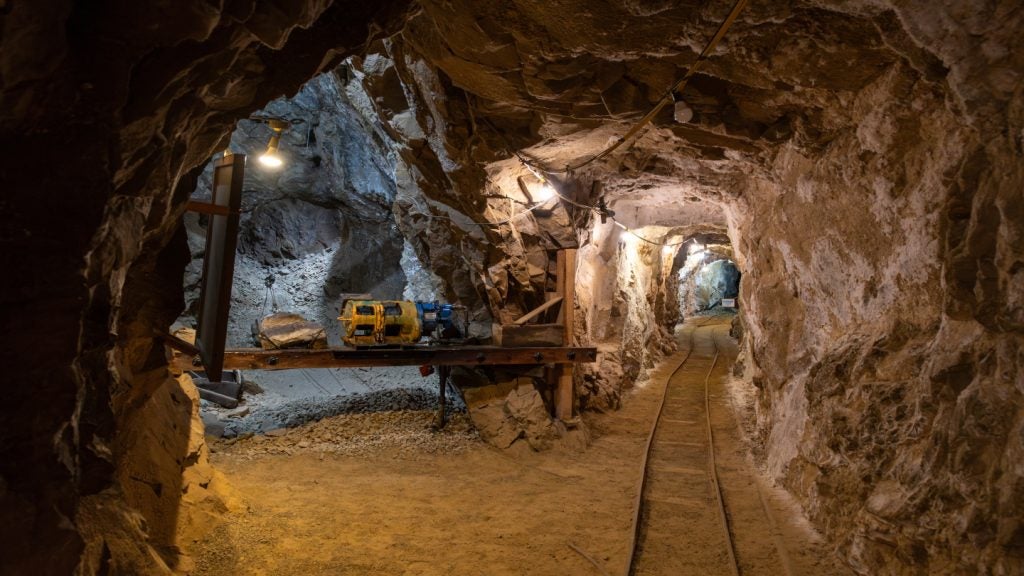The Mexican government has proposed an increase in mining royalties, which could potentially halt more than $6.9bn in investments within the next two years, according to the country's mining chamber Camimex, reported Reuters via Mining.com.
The government's budget proposal, published last week, suggests raising two separate royalties from 7.5% to 8.5% and from 0.5% to 1.0%.
“The measure… would have an impact on a sector that has already seen its contributions and investments reduced due to paralysation (of the sector),” Camimex said in a statement responding to questions sent by Reuters.
This move follows legislative changes last year that reduced mining concessions from 50 years to 30 years and imposed stricter regulations on water-extraction permits.
Additionally, a reform that would prohibit open-pit mining is still under consideration by the legislature.
Mexico, as the leading producer of silver globally and a significant producer of copper and gold, sees the mining industry contribute roughly 2.5% to its GDP.
The chamber warns that the additional tax burden could diminish Mexico's appeal in comparison to other key mining countries such as Chile, Peru, and Canada.
The chamber represents major mining companies in Mexico, including Grupo Mexico, Minera Autlan, Industrias Penoles, and the Penasquito mine operated by Newmont.
In July 2024, Reuters reported that according to Camimex, Mexico's mining investment is expected to remain stable at $5bn in 2024. However, stricter regulations, including shorter concessions and tighter water permits, may hinder new projects.
Investment in the sector in 2023 fell by 5.8% to $4.96bn amid regulatory uncertainty under President López Obrador's reforms addressing climate and water issues.
Furthermore, metals production declined by 18% from 2022 and the sector’s tax contributions declined by 32% year-on-year.









